As Israel’s bombardment of Gaza approaches its sixth month and a death toll of at least 35,000 Palestinians, U.S. government officials continue to throw their weight behind Israel, sending arms and taxpayer funds to their ally in the Middle East.
While the U.S. and Israel find themselves increasingly isolated in their reluctance to embrace a permanent ceasefire, 70 U.S. cities have passed resolutions on the Israel-Gaza war with a majority calling for a ceasefire. Of them, 48 cities have gone further, specifically calling out Israel’s bombardment on Gaza, and calling for an end to the bloodshed.
Yet countless other city councils are hesitant to entertain resolutions calling for a permanent ceasefire, arguing that foreign policy is outside the purview of city councils and that municipalities’ policymaking cannot affect global issues. Sadly, this argument has become one more tactic to move the goalposts instead of pushing back on outside pressure.
But these issues directly affect their constituents. The increase in Islamophobia, anti-Arab discrimination, and antisemitism in the districts they represent as a direct result of Israel’s war on Gaza should impact their decision to take a stance and support a permanent ceasefire.
The chain of representation is essential here. City council members share constituents with their congressional delegation. Their obligation, at the very least, is to resist Islamophobia, anti-Arab sentiment and antisemitism within their districts. Moreover, city council members possess a unique ability to be proxies for these shared constituents. This capability is vital in emphasizing the urgent need for a permanent ceasefire to their congressional delegation and, ultimately, the Biden administration.
This dual role underscores the profound impact that pursuing and passing ceasefire resolutions can have on the core principles of democracy: equal, fair and honest representation. As city council members, we must ensure that the anti-war and anti-genocide voice, regardless of background, is acknowledged and given due consideration.
I have heard numerous elected officials, on all levels, say they have consulted with one group, which gives me great pause about their disregard for other stakeholders. This results in the lack of equal representation that we, as elected officials, took an oath to uphold.
Many of the same cities that refuse to issue any resolution for a ceasefire were quick to issue statements about their unwavering support of Israel. Should anti-war and anti-genocide advocates take that to mean an Israeli life is worth more than a Palestinian life?
The indiscriminate bombing of civilians in Gaza is a grave humanitarian concern, causing significant harm to innocent lives and exacerbating the already dire conditions in the region. Continuing such indiscriminate attacks not only results in civilian casualties but also undermines any prospects for a peaceful resolution to the protracted occupation. A cessation of all hostilities is imperative to safeguarding civilian lives and fostering international efforts for a lasting ceasefire.
The need for a ceasefire is an urgent call echoed by people worldwide. The recent ruling from the International Court of Justice that it is plausible that Israel is committing genocide on Palestinians, a protected class under the Genocide Convention, further underscores the growing discontent with the status quo.
City councils have the opportunity to be on the right side of history. They should follow suit and align with 153 other countries and countless organizations, including Human Rights Watch, Amnesty International, Oxfam and Doctors Without Borders.
The slew of national and local organizations, including faith-based groups and labor unions, that have called for a ceasefire are ironically the same organizations that many elected officials seek to earn their endorsements in election years.
Critics may argue that foreign policy is outside the purview of city councils and that municipalities’ policymaking can have no bearing on global issues. But cities have increasingly taken on the work of international relations and diplomacy: setting precedents for passing resolutions against other conflicts, soliciting international investments, bidding to host global sporting events, collaborating to tackle global social issues, including climate change, broaching human rights concerns with foreign leaders, and more.
As Ambassador Nina Hachigian, the first U.S. Special Representative for City and State Diplomacy, writes, “U.S. cities remain a voice for the country’s values as federal leadership wavers.”
Indeed, the lack of action starts at the top of the ticket, and candidates and elected officials should be held equally accountable. But the focus on city councils that have stepped up and are advocating for a ceasefire serves as a catalyst for change.
Through such actions, cities can contribute to breaking the deadlock and paving the way for a more just and peaceful world.

Rep. Iman Jodeh serves as a Colorado House of Representatives from the 41st district in Aurora.

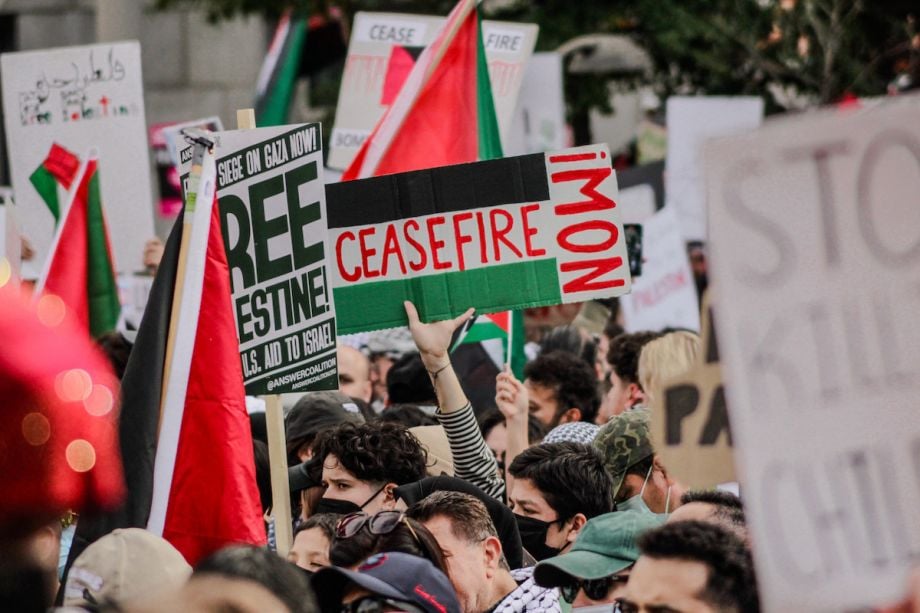
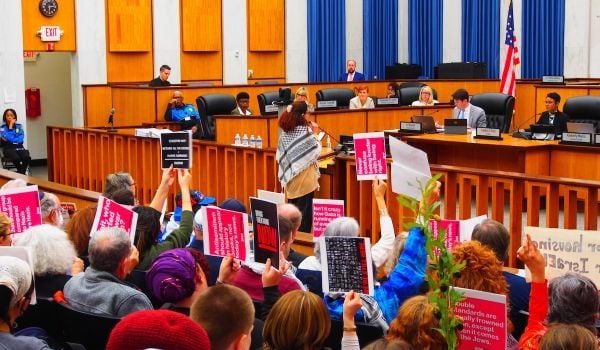
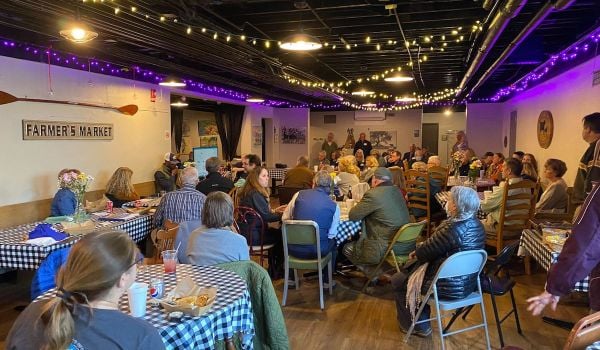
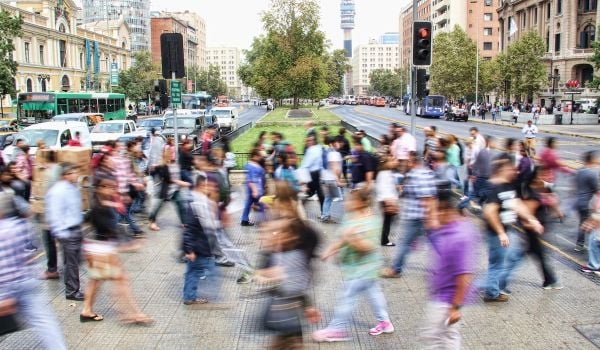
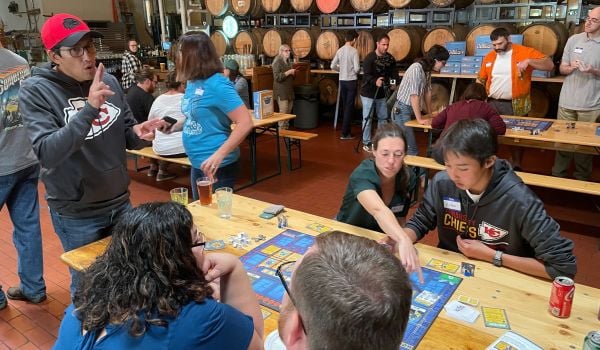
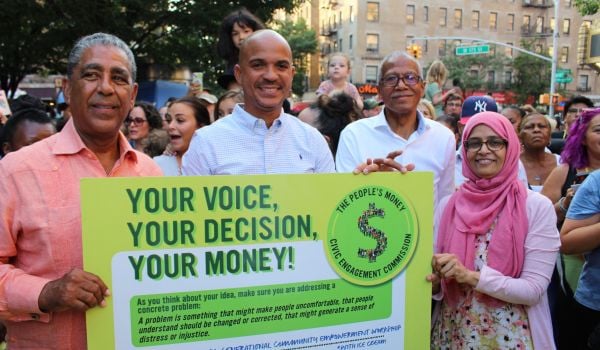
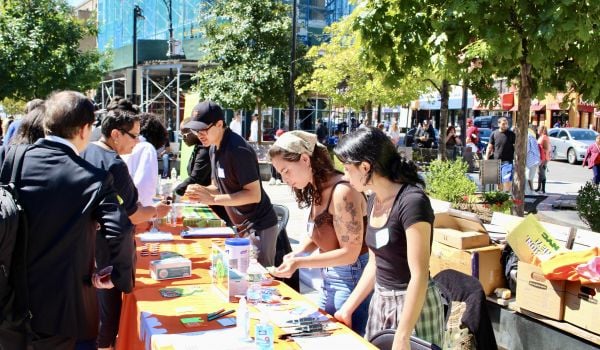








Add to the Discussion
Next City sustaining members can comment on our stories. Keep the discussion going! Join our community of engaged members by donating today.
Already a sustaining member? Login here.